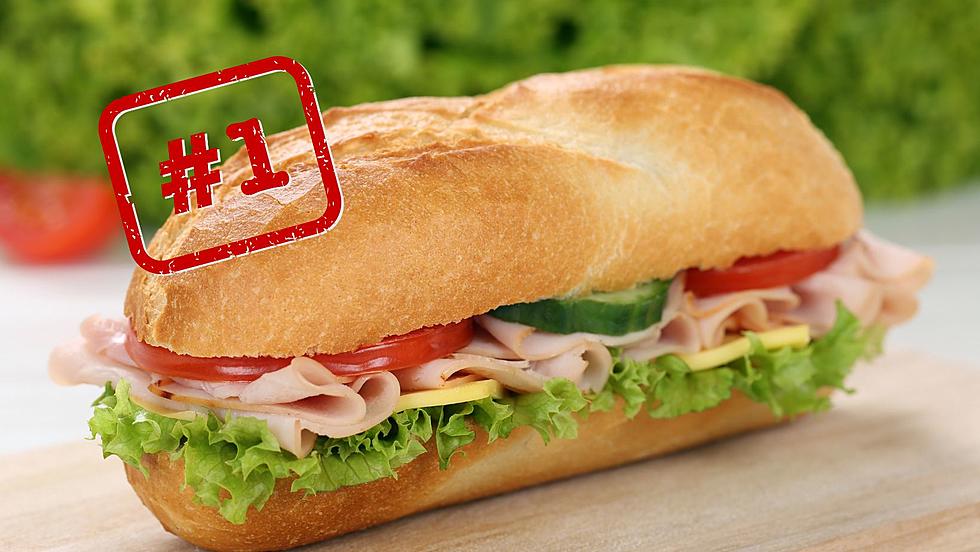
Restaurants tell Senate of ‘absolute despair’ from COVID shutdown

More than 3,000 restaurants in New Jersey are expected to never return due to the coronavirus pandemic and associated shutdowns, hospitality industry representatives told senators at a Monday hearing where they pleaded for help in speeding up state permission to reopen.
Marilou Halverson, president of the New Jersey Restaurant and Hospitality Association, said there are around 20,000 restaurants in the state and that 15% to 18% are not expected to survive. That would be 3,000 to 3,600 of them.
“This pandemic has created an atmosphere of absolute despair unlike anything we’ve ever been through,” said Jeanne Cretella of Landmark Hospitality, who said the company’s workforce went from 800 people to 10 and that $22 million in revenue has been lost and can’t be recovered.
Tim McLoone owns a dozen restaurants around the state but due to the effects of the pandemic shutdowns has closed two of them permanently and one for the summer.
“On March 15, I had 12 restaurants. On March 16, it’s as if all 12 of them burned to the ground on the same night. And I had no insurance,” McLoone said.
“The slowness of this is excruciating,” McLoone said. “As has been said, if the casinos are going to open, well, then, that should say something right there.”
Gov. Phil Murphy has said casinos could reopen around July 4.
Joseph Maurillo of Caterers in the Park, which includes Nanina’s in the Park in Belleville, said catering halls should open before casinos but that he’s “hoping, praying, begging that we can get some kind of date this week,” even if it’s for the middle of July. He said the logistics of planning a wedding require a longer ramp-up period.
“It would really help our brides, our couples and us emotionally, mentally and definitely financially,” Maurillo said.
Restaurants have been open for curbside and takeout service, but restaurant owners told lawmakers that amounts to 5% to 15% of typical revenue. They can start outdoor dining next Monday – despite their pleas for that to begin Friday, so they can open this weekend – but even that leaves them fully vulnerable to inclement weather. They say indoor dining with reduced capacity is vital.
“It really comes down to getting an answer from the governor on when we can reopen. That’s what’s holding up this industry, and it’s going to cause a lot of places to fail,” said Tom Markoulakos of Skopos Hospitality Group, which owns restaurants in Clifton, Harrison, Jersey City and Nutley.
Adenah Bayoh, who runs IHOP restaurants in Irvington, Paterson and Newark, as well as her own Cornbread restaurant in Maplewood and three locations in Pennsylvania, said it’s not feasible for the IHOP restaurants to have outdoor seating in their urban locations.
“Some kind of indoor seating, even at 25%, would allow us the opportunity to at least start participating back into the economy,” Bayoh said.
Sen. Paul Sarlo, D-Bergen, said he and Senate President Steve Sweeney, D-Gloucester, are proposing legislation that would change the process by which restaurants and bars will be able to serve liquor outdoors in the months ahead.
The Murphy administration has set up a process through holders of retail consumption licenses can apply to the state Division of Alcoholic Beverage Control for an “expansion of premise permit” to expand their licensed footprint to nearby property to accommodate social distancing.
“There’s 9,000 liquor licenses in the state of New Jersey, so you would need to apply to ABC, send a $75 check. They’re going to review your application,” Sarlo said. “By that time, we know how the bureaucracy of government works, we’ll be way gone after this pandemic and more businesses will be closed. The legislation that we’re proposing takes it out of the hands of the bureaucrats, takes the hands out of the ABC and puts it back into the hands of municipalities.”
Restaurants, bars and catering facilities would instead apply to their city or town, with a sketch that shows where outdoor seating will be placed, and a decision on whether to approve it would be required in five to seven business days. The bill would also allow for cities and towns to close streets to allow public dining and drinking on sidewalks and streets on certain nights.
“If we were to go down the route of the executive order, I don’t see anybody being permitted, being allowed to serve alcoholic beverages outside of their restaurant, on a deck, on a patio, on the front steps, in a parking lot any time soon,” Sarlo said.
The bill might not have the timely impact that is intended, however.
Even if rushed through the legislative process, the soonest it could pass is next week. But unless Murphy is in favor of overriding a process he set up, he could wait until late July or early August to veto it. Even if the Legislature were then to override the veto, the municipal-based approach might not start to issue permits until closer to Labor Day.

More from Townsquare Media:
Stars Who Were Tested for the Coronavirus
More From 94.3 The Point










